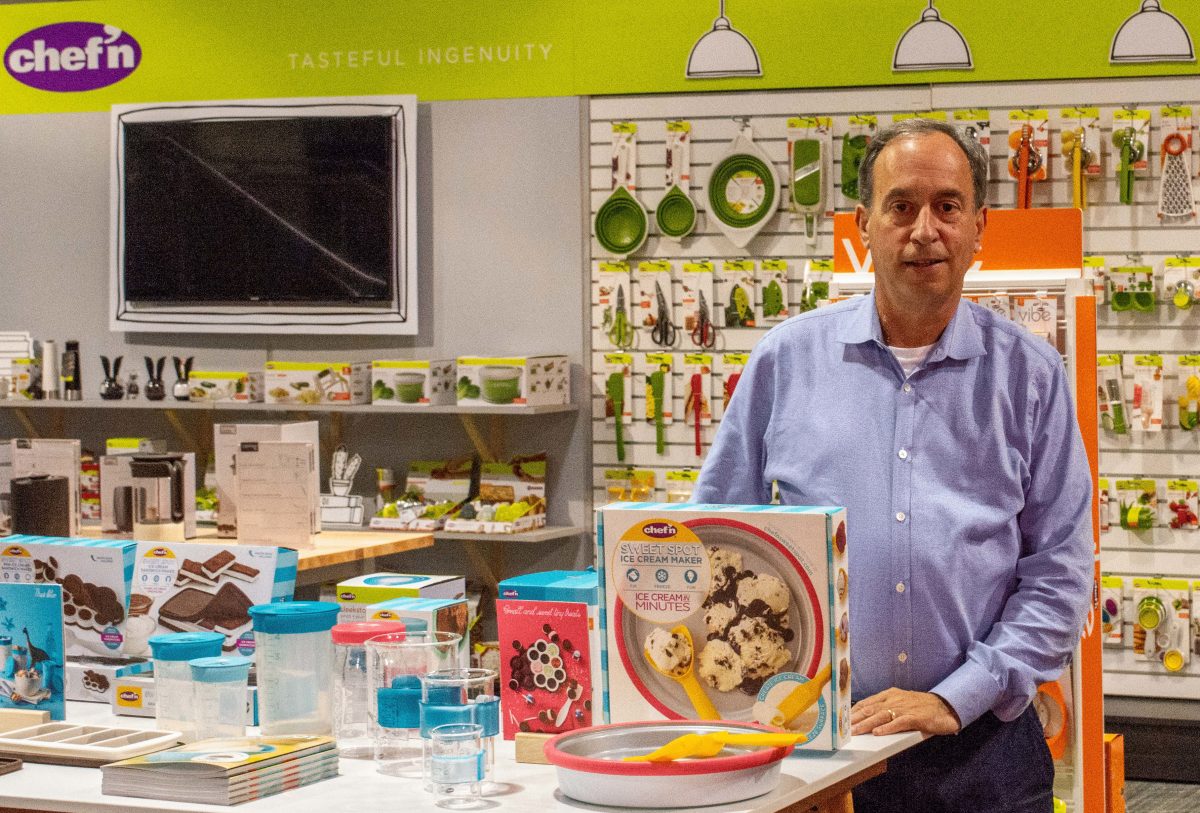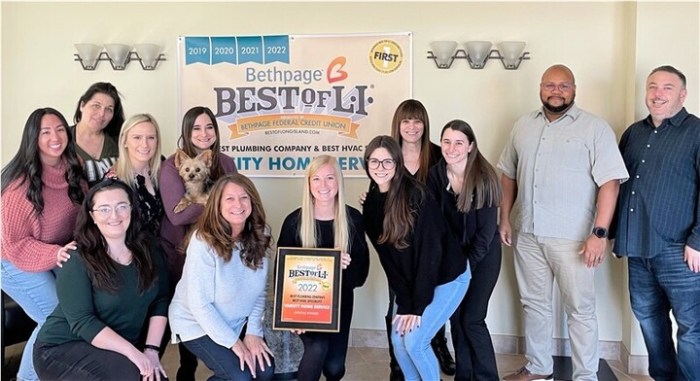Rob Kay, 55, is chief executive officer of Lifetime Brands, Inc., the Garden City-based housewares company that markets its products under such brands as Farberware, Hoffritz, KitchenAid, Taylor Kitchen, Chef’n, and Mikasa. A buyout specialist and strategist, Kay joined Lifetime Brands as CEO in March, stemming from the acquisition of Filament Brands, the privately held producer of such items as thermometers, timers, kitchen tools and gadgets, and barware. Kay joined Filament in 2012 and led the buyout of Taylor Precision Products, which became the cornerstone of Filament. He began his career as a consultant with Deloitte & Touche. Kay and his family live in Greenwich, Conn. The conversation has been edited and condensed.
For most of us, our parents were our first influencers. How did yours influence you? I was strongly influenced by both my parents. My father Joseph was a businessman by career but an academic by nature. Growing up in Riverdale in the Bronx, we were raised on books. On every family occasion we’d all go out to a bookstore. My mother, who’s still with us, was the steady force in the family, making sure we were acting responsibly. Her wisdom was understanding the value of people.
How did they shape your business philosophy? From my father, I got the foundation of looking at the facts behind every situation. From my mother, I learned it’s all about people.
Your background is on the financial side, doing deals. How’d you get to be CEO of Lifetime Brands? In 2012 I put together an investor group and we [acquired] Taylor Precision Products. It’s the leader in consumer products that use measurement like kitchen thermometers, bath scales and the like. We bought Taylor and I transformed it from a measurement company into a broader housewares company. Fast forward to 2017, the business was worth roughly $200 million. In housewares, that’s a decent-sized company.
And then? It dawned on me that with all the changes in retail, size matters. So does critical mass. I started thinking how we could grow much bigger. Lifetime seemed a perfect opportunity to merge two companies.
How did you get in the door? I knew Jeff (Siegel, Lifetime’s chairman). His father and a couple of partners founded the company. Jeff has had a lot to do with growing the company into what it is today, including taking it public.
Have you run a public company before? I’ve been involved with public companies in the past. In the public world you spend a lot more time dealing with your shareholders and being the public face of the company. Being private, you only need to speak with your shareholders and your board. (In my case) they were one and the same.
Is being public a genuine advantage? Our average competitor is a $25 million private company. So this gives us scale and access to capital. So yes, it’s a meaningful competitive advantage. Lifetime Brands has always been run by people in the Siegel family.
What’s it like running the company and not being a Siegel? I am the first nonfamily member to be CEO. You’re right, there is a cultural shift. We are taking two companies and merging them. The cultural issues [involved in mergers] are not unknown to me. I have been buying companies and merging them, working within the cultures to make sure they are uniform [for some time.]
Do you have a vision for the future? Lifetime is a great company. We’re creating Lifetime 2.0 and taking it to a new level as a dynamic public company. Both Jeff and I share a fundamental business philosophy that you evolve or you dissipate. We are both very interested in evolving and taking the company to the next level.
LIFETIME BRANDS
Leading global provider of kitchenware, tableware and other housewares
Chairman: Jeffrey Siegel
HQ: Garden City
Year founded: 1945
Number of employees: 1,400 (approximate)
Market cap: $250 million (approximate)
Revenues 2017: $579.5 million
Earnings 2017: $2.15M































